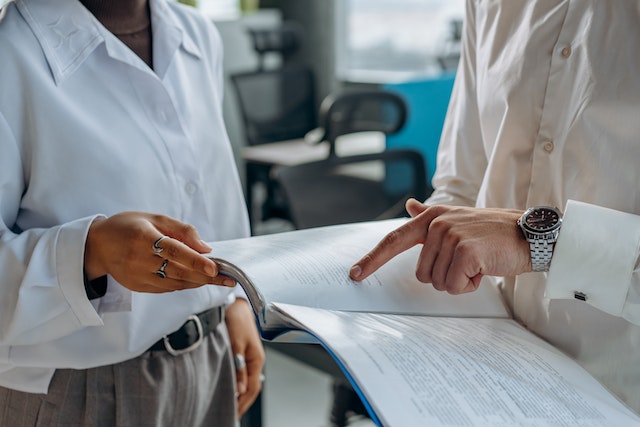Self employment charges and interest for late payments and submissions – special rules for COVID-19
The coronavirus pandemic paved the way for an extension from HMRC for the filing of the 2019-2020 self assessment tax return by 28th February instead of the usual 31st January deadline. If you was one of those who took up the opportunity to file your tax return after the 31st January you were still required to pay any tax due by 31st January- even if it was an estimated figure.
To avoid a late payment penalty HMRC have allowed more time to pay any tax due but you need to ensure all unpaid tax is settled with HMRC by 1st April- this includes any additional tax outstanding from any estimated payments made in January. Interest at 2.6% will be charged to any outstanding tax from 1st February and if you do not settle the tax in full by 1st April then a late payment penalty will also be added. The initial late payment penalty is charged at 5% of the tax due.
If you cannot pay the tax due in time and your tax bill is less than £30,000 then you can speak to HMRC directly on 0300 200 3822 where you may be able to set up a payment plan.
If you didn’t file your tax return by the 28th February then a late filing penalty of £100 will be incurred and will start increasing once you exceed 3 months after the deadline. If you did not meet the filing deadline due to Coronavirus then you may be able to appeal the penalty up to 3 months after the deadline but you should try to appeal as soon as you can.
Should you have any questions about how to avoid any unnecessary penalties and interest, please contact your local Perrys office.







